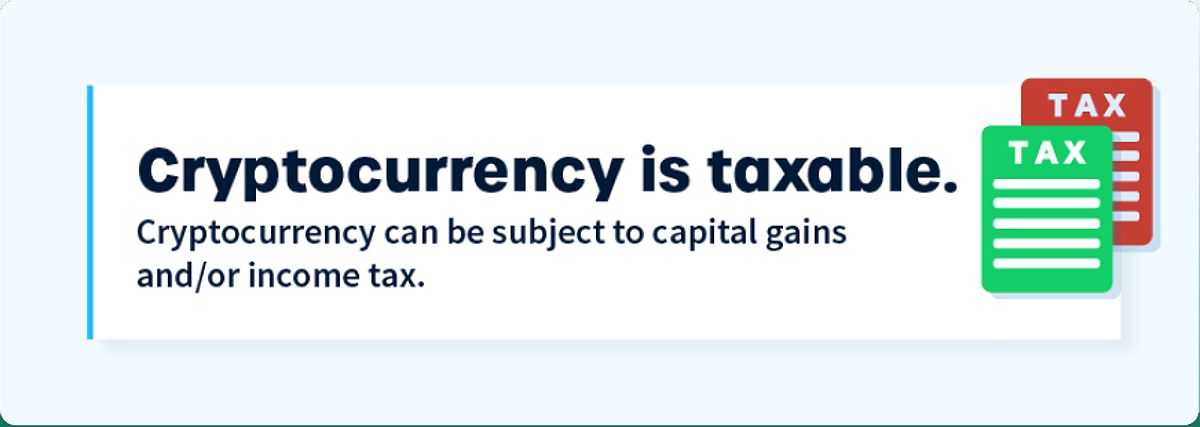Navigating the Complexities of Crypto Trading and Taxes: A Personal Exploration
As a seasoned crypto enthusiast, I”ve witnessed firsthand the incredible potential of this rapidly evolving digital landscape. However, as the crypto world continues to expand, the complexities surrounding crypto trading and taxes have also grown increasingly intricate. In this article, I”ll share my personal experiences and insights to help you navigate this complex terrain.
Deciphering The Crypto Tax Code: A Roller Coaster Ride
When I first dipped my toes into the crypto waters, I’ll admit, the tax implications were the last thing on my mind. I was consumed by the excitement of trading, chasing those elusive gains, and exploring the endless possibilities of this new financial frontier. But as my portfolio grew, so did my realization that I needed to get a firm grasp on the tax ramifications.
Navigating The Complexities
Delving into the IRS’s cryptic guidelines, I found myself tumbling down a rabbit hole of complex terminology and seemingly endless paperwork. It was like navigating a labyrinth, each turn presenting a new challenge. The distinction between short-term and long-term capital gains, the intricate web of tax brackets — it was enough to make my head spin.
But I refused to let the tax code intimidate me. I rolled up my sleeves and dove headfirst into understanding the nuances of crypto taxation. What I discovered was a goldmine of opportunities, but one that required a careful and strategic approach.
Maximizing Your Crypto Tax Efficiency: Strategies For Successful Crypto Trading And Taxes
As I delved deeper into the world of crypto taxes, I realized that the key to minimizing my tax burden lay in understanding the various tax brackets and strategies available to me. And let me tell you, it’s a game-changer.
Short-term Vs- Long-term Capital Gains
 Coins orbiting a calculator, as well as charts and graphs
Coins orbiting a calculator, as well as charts and graphs
Take, for example, the difference between short-term and long-term capital gains. If you’re in a higher tax bracket, you might want to consider holding your crypto for more than a year to take advantage of the lower long-term capital gains rate. On the other hand, if you’re in a lower bracket, the 0% long-term rate could be a game-changer, allowing you to keep more of your hard-earned profits.
Tax-loss Harvesting
 A rendering of a crypto coin with a lock on it
A rendering of a crypto coin with a lock on it
But it doesn’t stop there. Tax-loss harvesting has become an essential tool in my crypto tax optimization toolkit. By strategically selling certain crypto assets at a loss, I’m able to offset my capital gains, reducing my overall tax liability. It’s a delicate balancing act, but when executed correctly, the rewards can be substantial.
Navigating The Crypto Tax Reporting Maze
As if the tax calculations weren’t challenging enough, the reporting requirements for crypto traders can be a true test of one’s organizational skills. Each transaction, whether a buy, sell, or exchange, needs to be meticulously documented and reported on your tax return.
Staying Organized And Compliant
 Different cryptocurrencies lying in a pile atop a smartphone opened to a trading app
Different cryptocurrencies lying in a pile atop a smartphone opened to a trading app
I’ve learned the hard way that failing to keep accurate records can lead to a world of trouble with the IRS. That’s why I’ve developed a foolproof system for tracking my crypto activities, ensuring that every transaction is accounted for and properly reported.
From keeping a detailed transaction log to leveraging specialized crypto tax software, I’ve found that staying on top of the reporting requirements is the key to maintaining compliance and avoiding those dreaded penalties and interest charges.
Adapting To The Evolving Crypto Tax Landscape
As the crypto industry continues to grow and evolve, one thing is certain: the tax landscape will continue to shift and change. That’s why it’s crucial for crypto traders like myself to stay vigilant and adaptable.
Staying Informed And Seeking Expertise
 How is cryptocurrency taxed?
How is cryptocurrency taxed?
I make it a point to regularly review the latest IRS guidance and tax regulations, ensuring that I’m always up-to-date on the latest developments. And when it comes to complex tax situations, I’m not afraid to seek out the expertise of qualified tax professionals.
After all, navigating the ever-changing world of crypto taxes is no easy feat. But with the right knowledge, tools, and a willingness to adapt, I’ve been able to not only stay compliant but also maximize the tax efficiency of my crypto trading activities.
What Is The Cost Basis Of My Crypto Assets?
The cost basis is the original purchase price of your crypto assets, including any fees or commissions paid. This is an essential piece of information for calculating your capital gains or losses.
Do I Have To Pay Taxes On Crypto That I Dont Sell?
No, you only pay taxes on crypto when you sell, trade, or otherwise dispose of it. Your crypto holdings are not taxed until you realize the gains or losses.
Can I Use Tax Software To Help Me With My Crypto Taxes?
Absolutely! There are several tax software programs specifically designed to simplify the process of tracking and reporting your crypto transactions. These tools can make your life much easier when it comes to filing your crypto taxes.
What Are The Penalties For Not Reporting Crypto Income?
The IRS can impose significant penalties and interest charges on taxpayers who fail to report their crypto income. It’s crucial to stay on top of your crypto tax obligations to avoid these costly consequences.
How Can I Minimize My Crypto Taxes?
There are several strategies you can use to minimize your crypto tax burden, such as holding your crypto for long-term capital gains rates, utilizing tax-loss harvesting, and taking advantage of favorable tax brackets. It’s all about understanding the nuances of the tax code and making informed decisions.
Conclusion: Embracing The Crypto Tax Challenge
As a passionate crypto trader, I’ve come to embrace the challenges of navigating the complex world of crypto taxes. It’s a constant learning process, but one that I find immensely rewarding.
By staying informed, leveraging the right tools and strategies, and adapting to the evolving tax landscape, I’ve been able to not only stay compliant but also maximize the tax efficiency of my crypto trading activities. And let me tell you, the sense of accomplishment when you see the impact of your efforts on your bottom line is truly priceless.
So, if you’re a fellow crypto enthusiast grappling with the tax implications of your trading, take heart. With the right mindset and a willingness to dive into the details, you too can conquer the crypto tax labyrinth and emerge as a savvy, tax-optimized trader.
The journey may be winding, but the destination is well worth the effort. So, let’s embrace the challenge, stay adaptable, and continue to navigate the ever-evolving world of crypto trading and taxes together. The rewards, both financial and personal, are truly remarkable.

